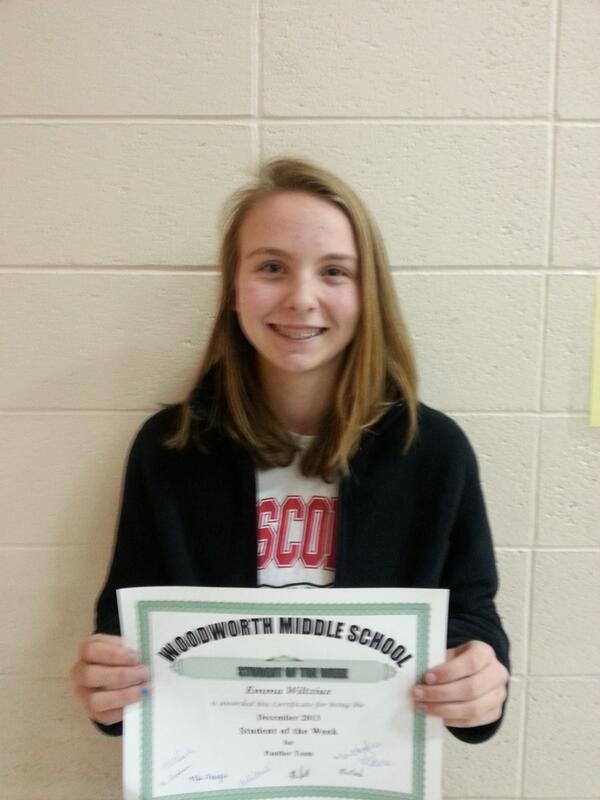Don't focus on the big picture all at once. The author of "Bird by Bird" begins this section of the reading by explaining the importance of figuring out a small portion of your story and building from there, "write down as much as you can see through a one-inch picture frame." Focus on one event, one character and there reaction to one situation, be specific. Start small and build to something much bigger. Starting broad, or trying to write down your ideas for the entire story all at once, will be overwhelming, and by reading about this, I learned the importance of starting small, "take it bird by bird."
Another idea from this reading that I can use to enhance my own writing, is the idea of "poorly written" first drafts. No writer, even professionals, can sit down at their desk and whip out a beautifully written story right away. It's important to have multiple different drafts, starting with the "child's draft." This is when you let all of your ideas pour out onto the paper, and as unorganized as they may be, you will be able to shape them in your later drafts. Write down whatever comes to your mind in this first draft, whatever feels right to you. Later, you can pick out the parts you don't like, keep the parts you love, and alter the parts that could be better. No one will read your draft until you are ready, so express yourself in anyway that benefits your writing as a whole.

In the section titled "Perfectionism," I learned that shooting for perfection, especially right away, will only bring you down as a writer. Shooting for perfection will block inventiveness and creativity. It means aiming to have almost no errors, or no "child's draft," as talked about in the last section. Without going in to "clean up the mess" of your first draft, how will you discover new ideas? Add more inventiveness to your writing? I learned in this section that perfectionism limits us from writing to our full potential, it blocks our ability to think as creatively and will eventually drive you mad. No one will ever have a perfect piece of writing, but what is a perfect piece of writing? Writing is based on one's own creativity and ideas, and is nothing that can be "perfected" to any certain standard.
The author explains the importance of understanding and getting to know your characters in the story. As you write, try to learn about your characters as if they're your best friend, create a personality that is specific to them. Don't always save your favorite characters, and don't always hurt the characters you hate. In order to make a story interesting, you need to write as things would happen in real life. Bad things sometimes happen to good people, and bad people sometimes get lucky, and this should be portrayed in your stories. An easy way to get to know your characters is to base them partially off of yourself or someone you know. In doing this, you don't want to have line after line of description. One good line of dialogue, when written in the way that you can almost hear there voice, is an excellent way of drawing your audience in and helping them better understand the characters.
Plot grows out of character. In this section, the author teaches that if you are focusing on your characters and their personality's, a plot is bound to create itself. Your plot should match the personality's of your character's, the plot should come from them, and how they'd react or what they would do. Eventually, as you get to better understanding your characters, the plot of your story will just fall in to place. It will feel right in your story and match the personality's you have been working on creating for your character's.

